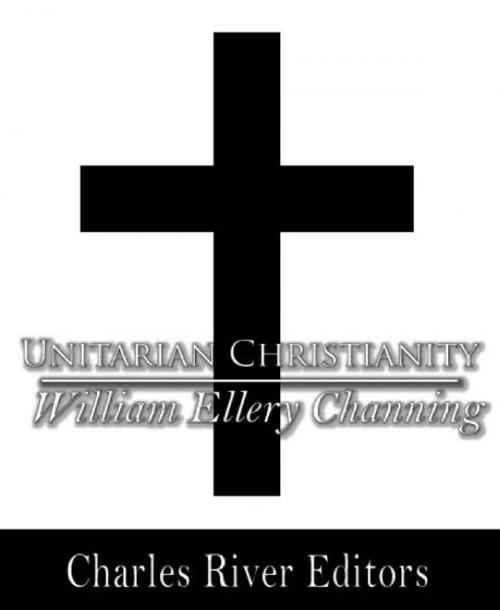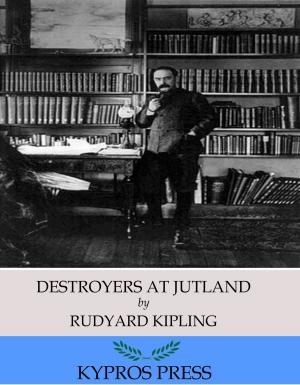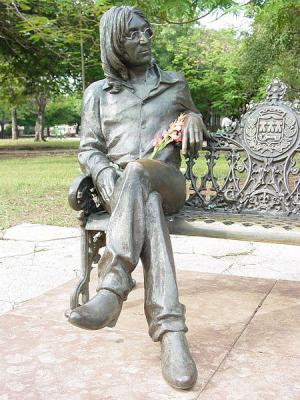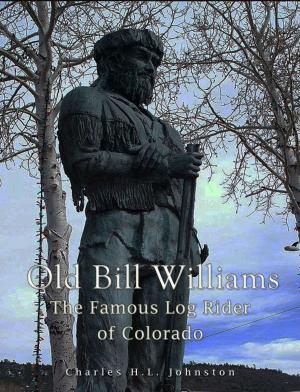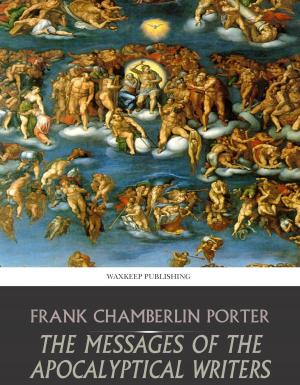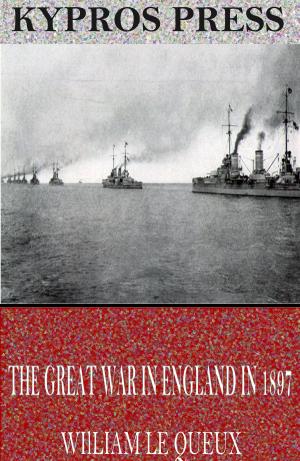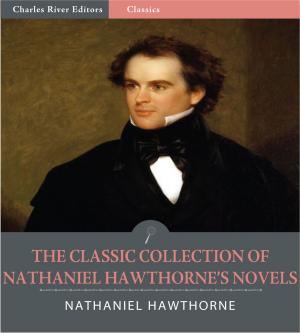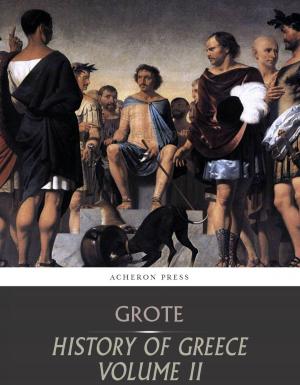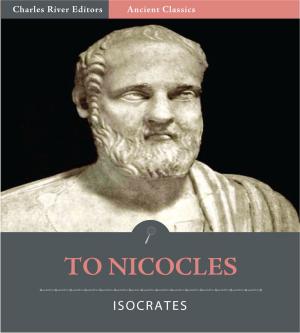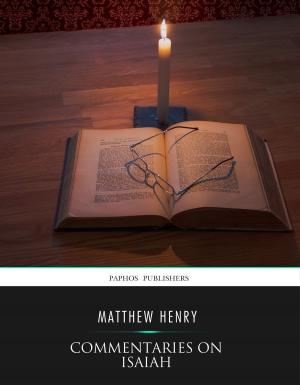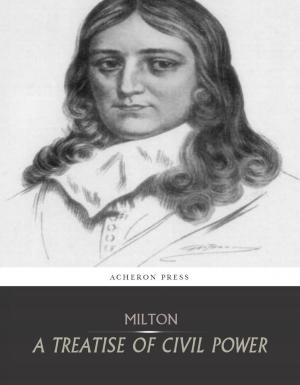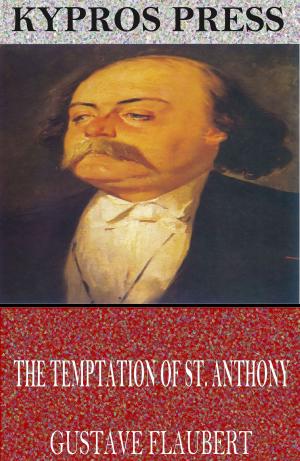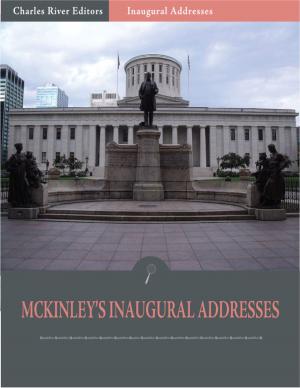| Author: | William Ellery Channing | ISBN: | 9781619823617 |
| Publisher: | Charles River Editors | Publication: | January 21, 2012 |
| Imprint: | Language: | English |
| Author: | William Ellery Channing |
| ISBN: | 9781619823617 |
| Publisher: | Charles River Editors |
| Publication: | January 21, 2012 |
| Imprint: | |
| Language: | English |
Dr. William Ellery Channing (17801842) was the foremost Unitarian preacher in the United States in the early nineteenth century and one of Unitarianism's leading theologians. Known for his articulate and impassioned public speaking and sermons, Channing was a prominent thinker in the liberal theology of the day. Dr. Channing's religion and influence was most lasting upon the Transcendentalist movement that inspired famous American authors like Ralph Waldo Emerson and Henry David Thoreau, who took Channings teachings even further. Ironically, Channing himself found the Transcendentalists radical. Nevertheless, he became the primary spokesman and interpreter of Unitarianism when he preached the ordination sermon of Jared Sparks in Baltimore in 1819, a sermon that came to be known and titled "Unitarian Christianity." In that address, Channing explained the distinctive tenets of the Unitarian movement, one of which was the rejection of the traditional Christian teaching of the Holy Trinity. Other important tenets were the belief in human goodness and the subjection of theological ideas to the light of reason.
Dr. William Ellery Channing (17801842) was the foremost Unitarian preacher in the United States in the early nineteenth century and one of Unitarianism's leading theologians. Known for his articulate and impassioned public speaking and sermons, Channing was a prominent thinker in the liberal theology of the day. Dr. Channing's religion and influence was most lasting upon the Transcendentalist movement that inspired famous American authors like Ralph Waldo Emerson and Henry David Thoreau, who took Channings teachings even further. Ironically, Channing himself found the Transcendentalists radical. Nevertheless, he became the primary spokesman and interpreter of Unitarianism when he preached the ordination sermon of Jared Sparks in Baltimore in 1819, a sermon that came to be known and titled "Unitarian Christianity." In that address, Channing explained the distinctive tenets of the Unitarian movement, one of which was the rejection of the traditional Christian teaching of the Holy Trinity. Other important tenets were the belief in human goodness and the subjection of theological ideas to the light of reason.
